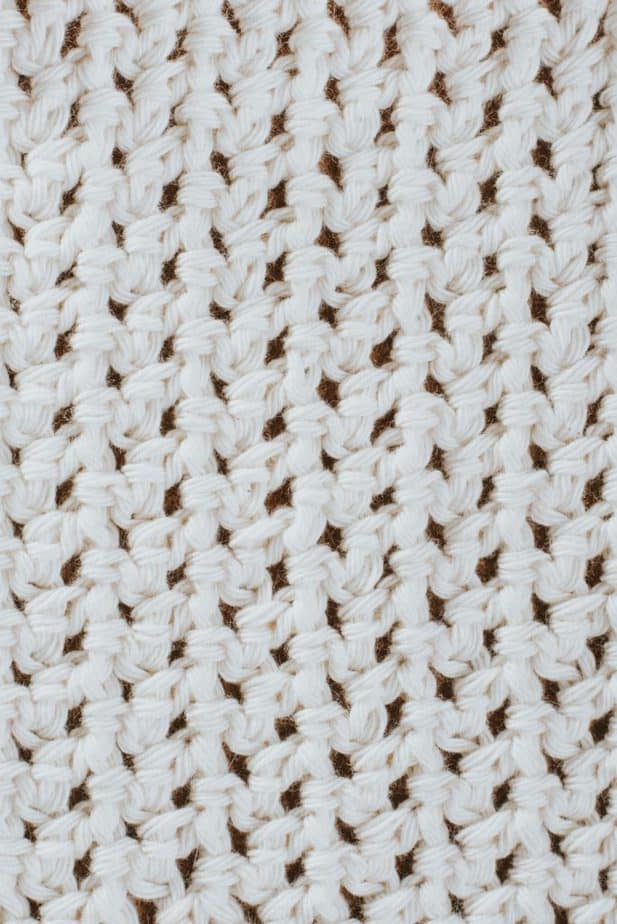Merino wool is produced in Australia which is used to make winter apparel and is preferred in-home enterology. It is the finest fabric that gives an immense warmth and luxurious touch. It is well known for its quality and versatility. Let’s learn ‘Is Merino Wool Ethical?’.

The wool is extracted from merino sheep and regrows its hair after every year making the fabric renewable. The regrowth takes place with exposure to natural elements like sunlight, water, air, and grass. The hairs of merino sheep include keratin same as human hairs along with a little amount of fat, sodium, and calcium. Scaling is done to the fabric so that felts and woolen clothes could be made.
Ethical concept
Australia is the major supplier of biodegradable, eco-friendly, and finest thermoregulator merino wool. Wool keeps the body warmer by the process of ‘absorption’ and cooler by the process of ‘evaporation’. The usage of wool provides numerous advantages which include mandatory ethical norms to be followed.
The merino sheep has a wrinkled surface on its skin which is prone to ‘flystrike’. This process was resisted by rearing the hairs from the buttocks which was a painful process to which an alternative is demanded.
Rarely, sheep are kept with ethical care on the farms. They are treated only for a person’s self-use as they get paid extra for extra wool extraction. The lives and medication of the animals don’t matter to the workers.
Properties of Merino Wool
Permeable- Merino wool is suitable for all types of climates and weathers due to its absorption from humid climates and realization to parch atmosphere.
Flexibility- Due to its free molecular structure, it is well known for its elasticity or flexibility. The stretch of minimum 25-30% of its actual length. It is observed that Merino wool is 50% more flexible than cotton
Warm & Cool- With low heat conductivity, the wool seems like having in-built control of climatic conditions. The air pockets are created in the fabric by scales on the surface of the fiber and crimp which keeps cool in cold weather and warm in hot weather.
Softness- The microns of merino wool’s hair vary from 14.5-to 23.5 which makes it more durable and soft. It is 3 times softer than natural silk.
Allergic Resistant- The fabric is found highly suitable for asthma and allergy diseased people. They resist itchiness or redness on the skin that has some serious issues or threat to allergies.
Animal Cruelty
With the tempting properties of Merino wool, people are eager to buy their apparel made of wool without thinking about the cruelty undergone in the production process.
Australia is a major provider of wool where most of the sheep are shaved for the extraction of wool. A sheep has its hair grown due to protection from cold climate and moisture in a warm climate that leads to inconvenience in survival. The more wrinkles on the sheep’s skin bring more wool extraction for the farmers but more wrinkles lead to threats for sheep that are ‘Flystrikes’ which is remedied by an operation called ‘Mulesing’.
It is a painful remedy provided to sheep. Even overload of hairs on a sheep results in suffocation during the summer season and shearing makes them shiver during the whole winter season which leads them to death.
As per Common Scientific and Research organization, the majority of sheep die in winters after shearing, and more costs for products are charged for the products made from merino wool to compensate for the life of the dead creature. These are the main sources of earning profits by humans which completely ignores animal sufferings.
The demonstration of sheep rearing exhibits that the work is done ethically without harming the creatures but the reality is too painful as sheep are left bleeding after the shearing process. Some of the unskilled farmers perform unlawful activities on the animals like ear clipping, castration, mulesing, tail docking, etc.
Conclusion
Merino is a fine and real wool that is obtained from merino sheep for making apparel and handloom items. It is a convenient fabric for both the summer and winter seasons due to its absorption and high insulation. It has enormous benefits to humans but the animals are treated in an unethical manner in the process of shearing. The practices make the creatures leave at immense pain and even death.
Frequently Asked Questions
(1)Is Merino Wool Cashmere?
Ans. No, merino is obtained from merino sheep while cashmere is obtained from the cashmere goat. The fabric contained from cashmere goats is used to make pashmina that is softer than the fabrics obtained from sheep.
(2) Can we use merino fabric for making athletic apparel?
Ans. Yes, it is safe to use merino fabric for athletic clothes manufacture as its insulating properties provide moisture when the body becomes sweaty.
(3) Is merino wool safe for ironing?
Ans. Though it is not needed to iron merino cloth after washing but with the setting of hot and cool option, it can be done. Also ironing the merino cloth can be done when it gets stained.


